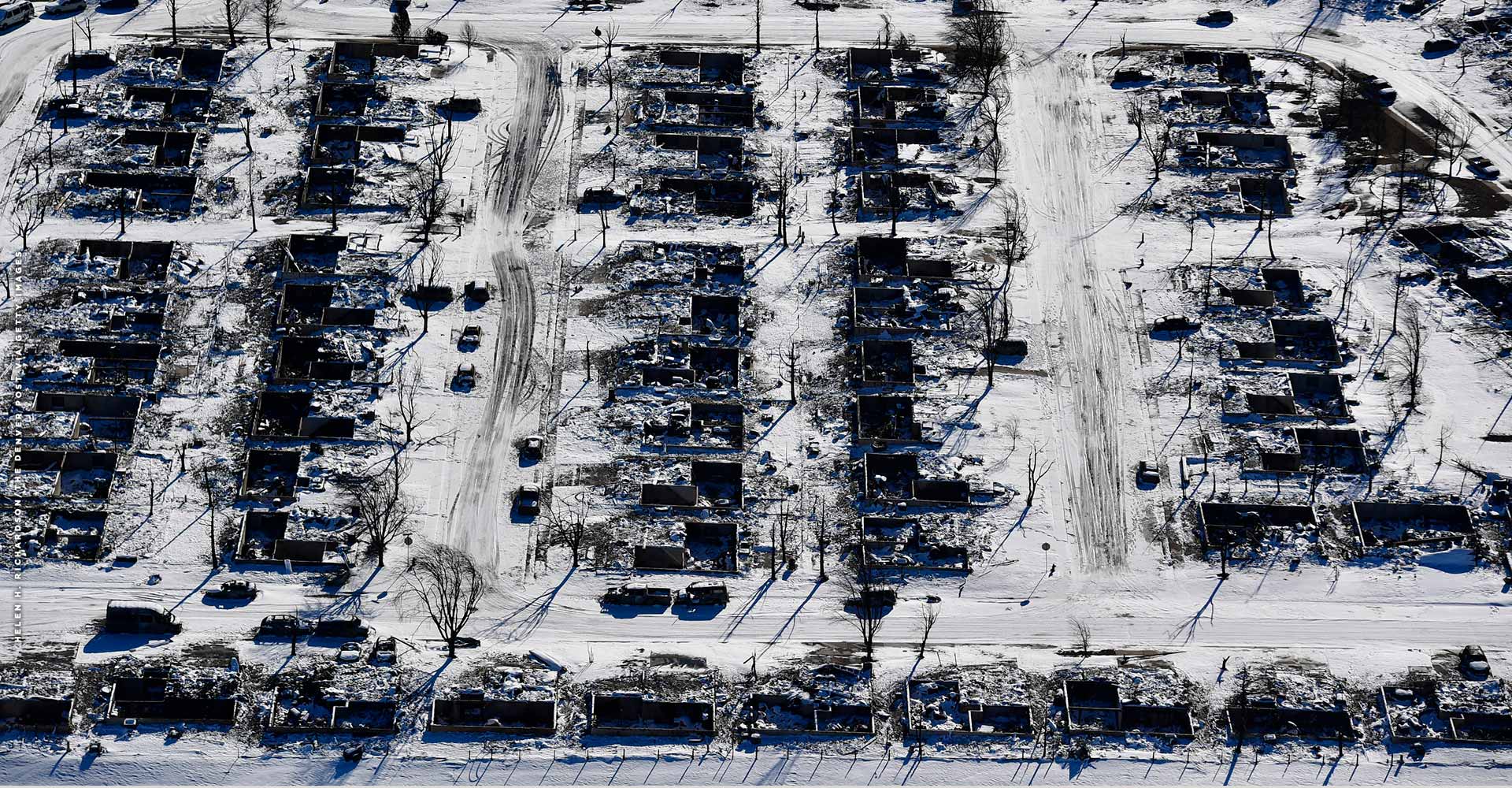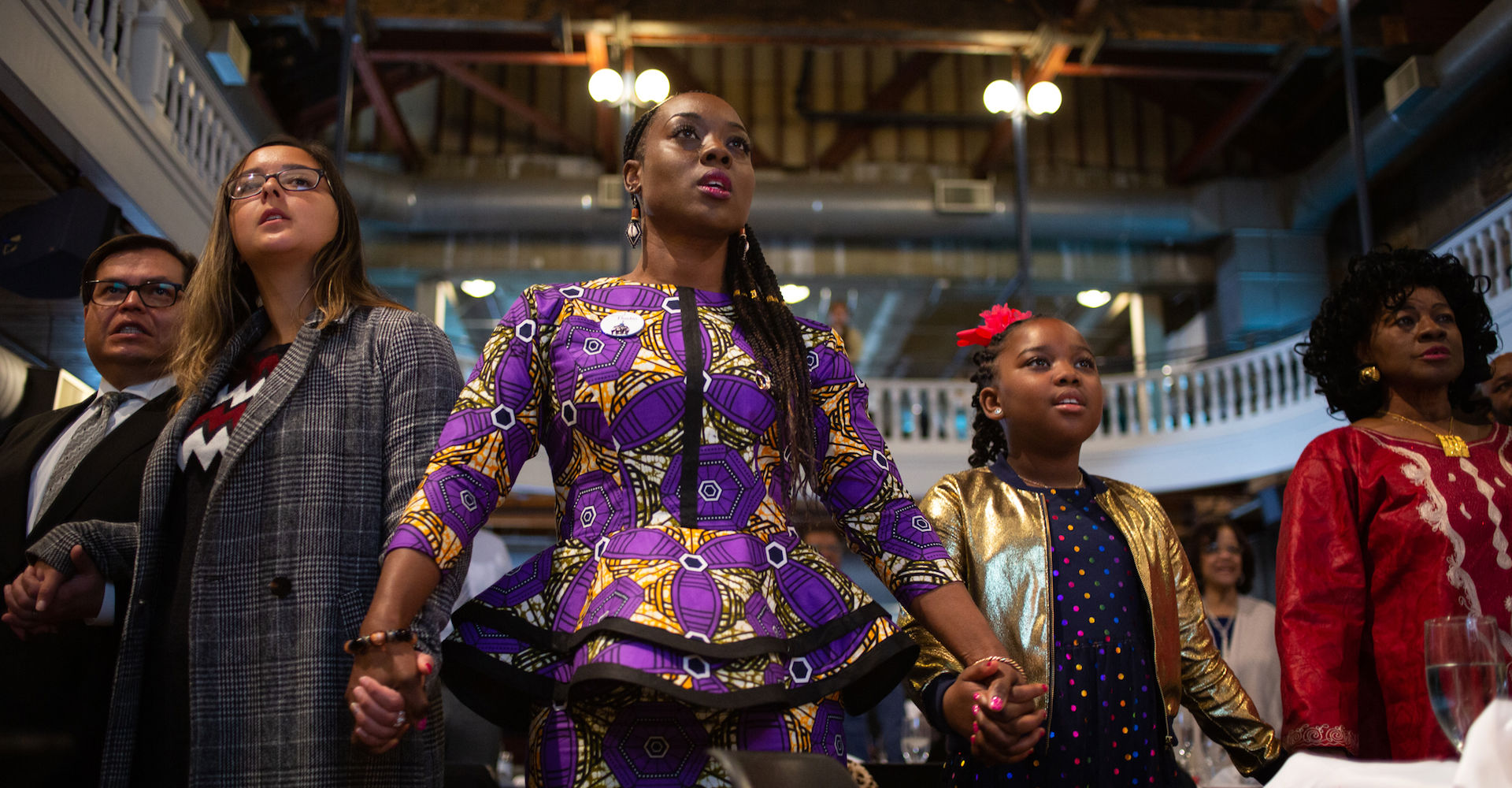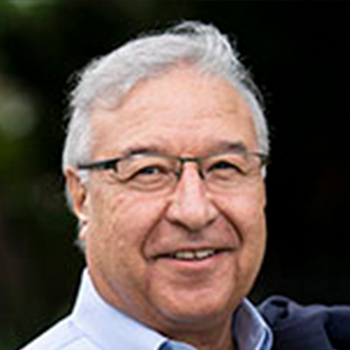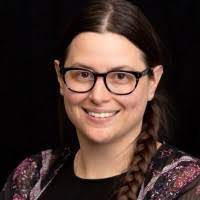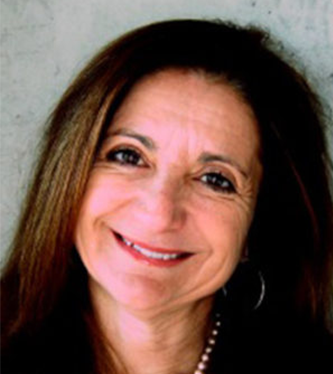Mission ready: Boulder Voices for Children
This nonprofit provides a proven mentorship model of juvenile-justice reform to the booming county’s most vulnerable residents.
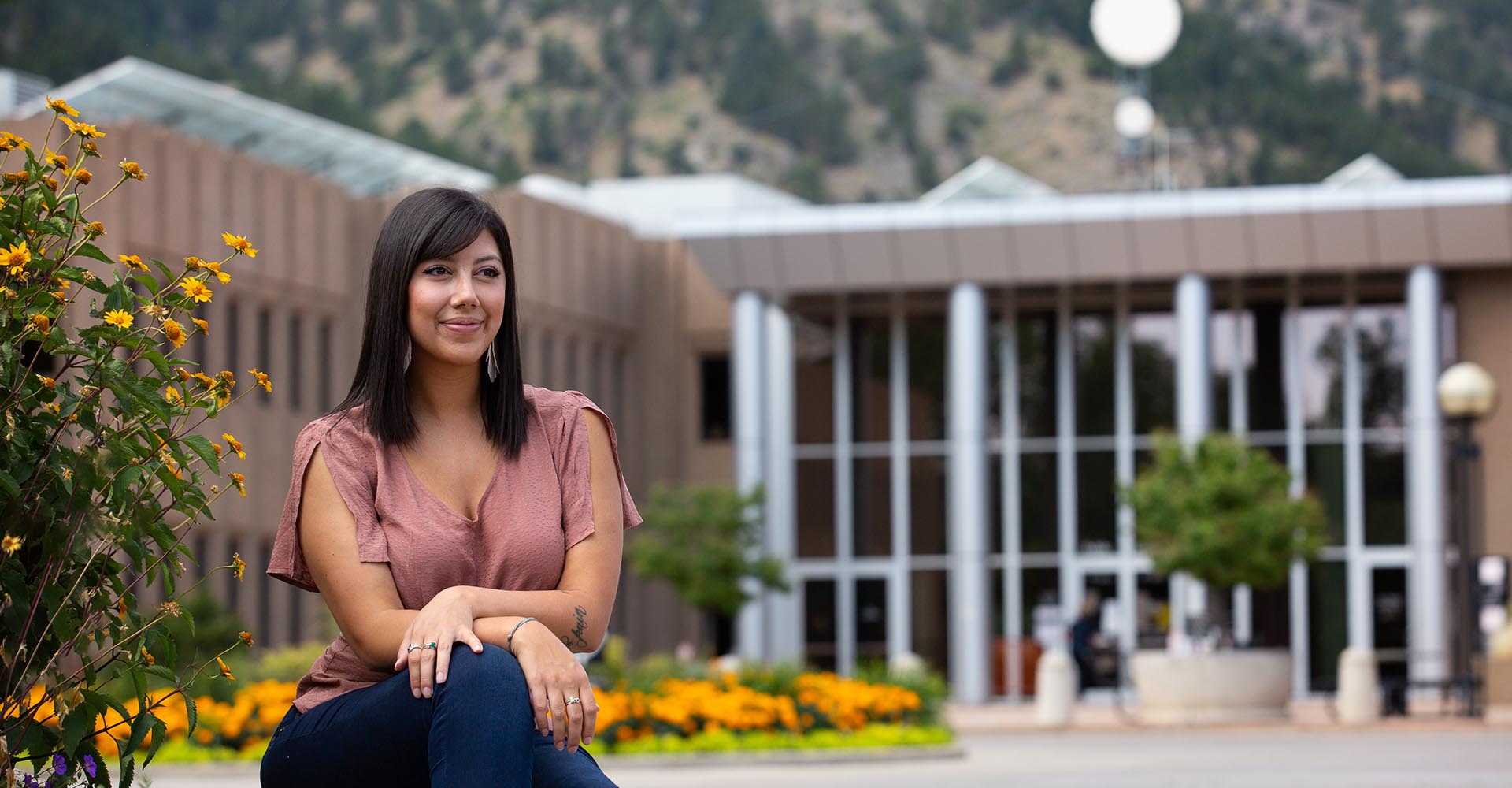
Perception isn’t always reality in Boulder County.
Boulder’s global reputation as a beautiful college town, adventure-sports capital, aerospace hub and information-technology boomtown can distract from the fact that in 2019, one in 10 Boulder County children lived below the poverty line and more than 700 children were involved in court cases.
Many of those children have experienced trauma and are without stable, consistent supports in their lives, said Rachel Russell, director of strengthening families with Boulder Voices for Children (BVFC). For them, the criminal-justice system can feel like a maze they’ve been thrown into alone and without a map.
“They’re encountering this scary system by themselves – no one’s really there to help guide them along through things like probationary processes, therapeutic services or case management,” said Russell, a 2020 graduate of Metropolitan State University of Denver’s Master of Social Work program.
That’s where Voices for Children’s court-appointed special advocates – CASAs – come in. These highly trained volunteers help children navigate the criminal-justice maze; amplify their voices within the system; ensure that their physical, mental-health and educational needs are met; and oversee their participation in court-ordered programs, including required hours, substance screenings and therapeutic services, and navigating and working with attorneys and court officials.
Founded in 1985, the organization has developed in the past five years to meet Boulder County’s growth and the needs of its children. In 2019, it deployed 245 active CASAs serving 311 children, compared with 110 CASAs serving 161 children in 2016.
“Research tells us that children with stable, supportive adults have a better chance of changing behaviors and recovering from trauma,” Russell said.
Regional efforts that focus on healing trauma and restorative practices are becoming part of the conversation on criminal-justice reform, with the state of Colorado announcing $500,000 in grants to address the “school-to-prison pipeline” on July 9.
It’s within this environment that Russell sees an opportunity to reach even more children at the early entry points to incarceration.
“CASAs are required with every dependency and neglect case in Boulder County, but there wasn’t anything for those already in the juvenile-detention system,” she said. “This is an intervention – it’s our attempt to prevent recidivism and (youths continuing) on to prison by connecting them with someone who cares about them.”
The approach, called the Juvenile Justice Program, was rolled out to a handful of participants, and Russell recently received a $50,000 grant from Colorado Springs-based El Pomar Foundation to expand its scope to serve individuals deemed as high-risk youth – those with delinquency, depression, drug use and academic challenges.
The grant proposal grew out of her MSU Denver capstone project, which was overseen by Erin Boyce, Ph.D., a faculty member in the Department of Social Work. She said she’s seen the efficacy of CASA programs firsthand over the course of her career in child welfare.
Russell’s self-directed approach to the capstone project was key to the successful grant application and, ultimately, an effective way to help some of the most vulnerable members of a community, Boyce said.
“Those in the juvenile-justice system have lawyers but no mentors,” she said. “When you have someone you can connect with and who will be an advocate for you, that builds a real, trusting relationship.
“That works on multiple fronts to help change the trajectory of a person’s life, and the impact can reverberate for years to come.”
Building connection between volunteers and participants is central to that process, Russell said. She described the Juvenile Justice Program as a match-based system, where volunteers read individual backgrounds to gain understanding and determine fit, based on shared interests and life experiences.
As a CASA volunteer herself, she knows this road well – and thanks to her work with BVFC’s Juvenile Justice Program, she’s helping to illuminate a way forward for others.
“The whole purpose of our work is to make life just a little better for court-involved youth trying to navigate this difficult experience by advocating for their needs, securing necessary resources and being consistently present,” Russell said.
“Really, it’s anything we can do to help them work through this trauma and let them know there’s at least one stable, consistent, loving person in their life.”
Editor’s Note: RED’s “Mission Ready” is a monthly feature highlighting the work of an outstanding Colorado nonprofit. There are more than 25,000 nonprofit organizations in Colorado, and MSU Denver’s Department of Human Services & Counseling is providing students with the skills and fieldwork required to lead them through its Nonprofit Studies concentration.


